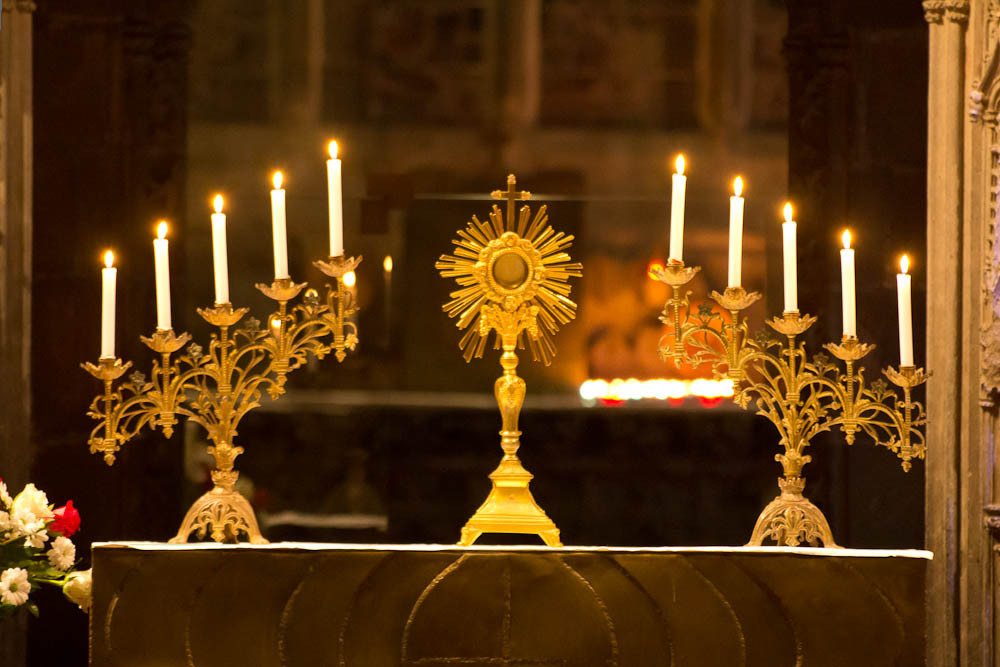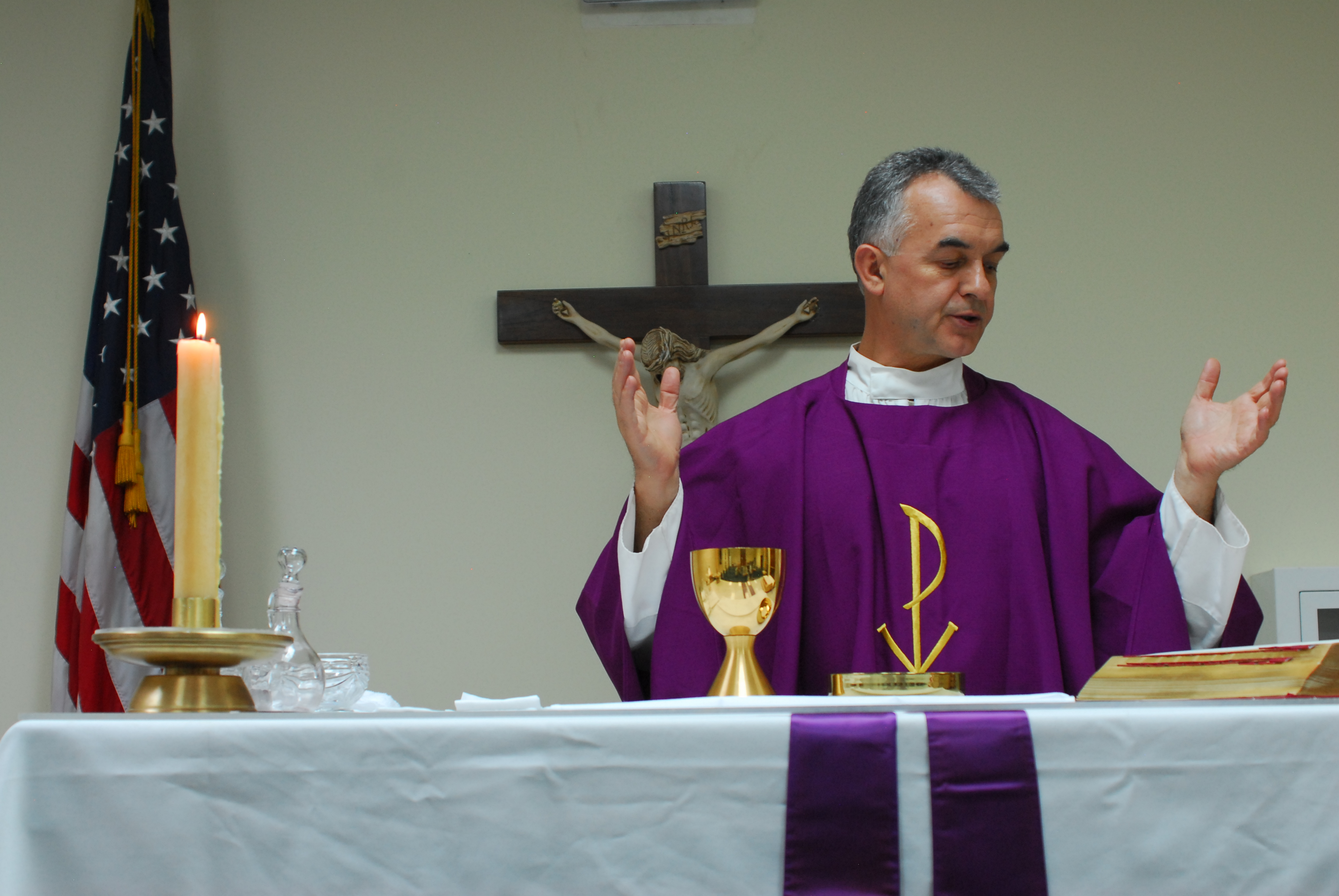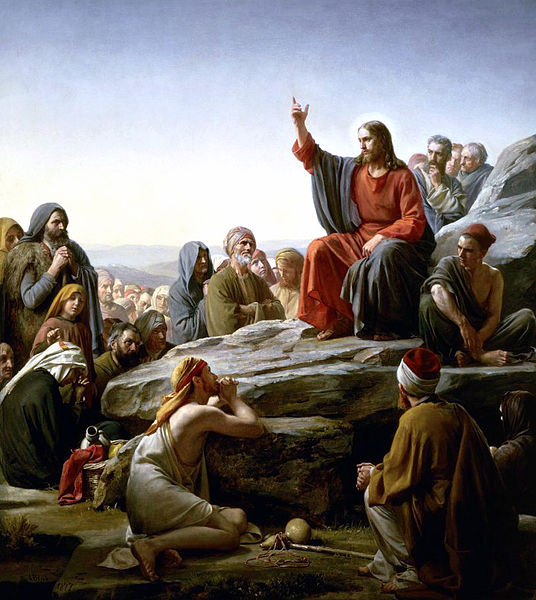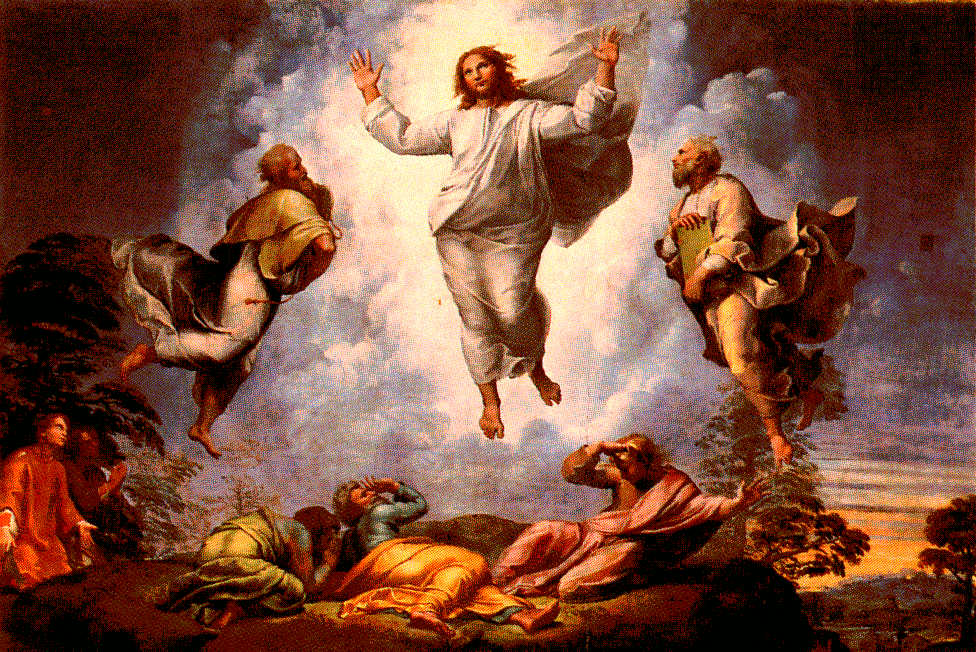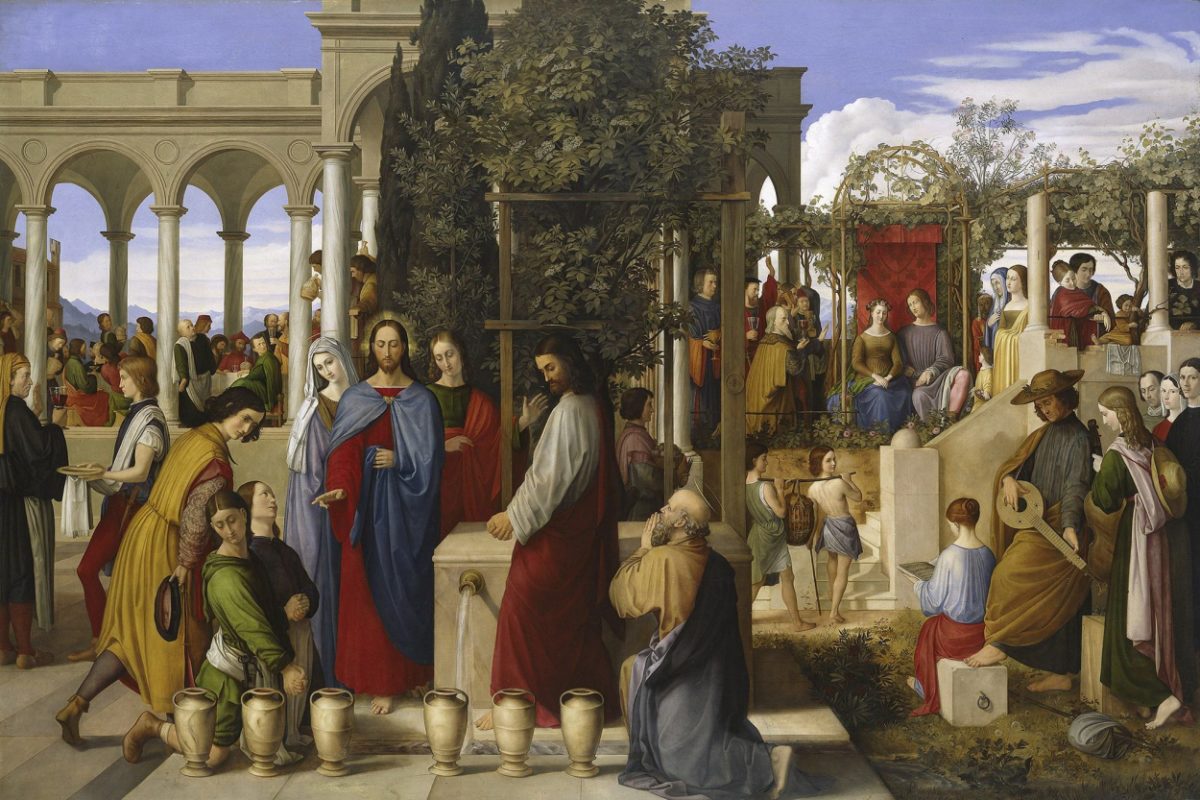Some of us, when confronted with a crisis, know what to do. Think about emergency personnel like paramedics, nurses, and doctors. When there is a medical emergency, they jump into action. If they are at a restaurant and someone collapses, they jump in and help. Other people, while wanting to help, freeze up. Will they make the situation worse by getting involved? Are they able to make the right decisions in that situation? It’s not that their inaction means they don’t care. It’s just that they don’t know what to do.
The ability to act correctly, especially in spiritual matters, is another gift from the Holy Spirit — the gift of Knowledge. It “enables a person to judge rightly concerning the truths of faith in accordance with their proper causes and the principles of revealed truth” (Catholic Straight Answers). While the gift of wisdom is the desire to follow God’s Will, knowledge is the ability to do so. If the gift of understanding is the “why” behind following God’s Will, think of knowledge as the “how.” Even more than just knowing what to think, do, or say, knowledge is also the confidence that what you’re doing is in line with God’s Will. I see so many people on the Catholic Answer Forums asking, “Did I do the right thing when I …?” Knowledge reduces that doubt and scrupulosity.

Knowledge in the Rosary
Consider the Third Luminous Mystery of the Rosary — The Proclamation of the Kingdom of Heaven and the Call to Conversion. With the gift of knowledge, we can see what comes from God’s Kingdom of Heaven and what does not. We then can make good, knowledgeable decisions to embrace what is Heavenly. If our current desires are for what is earthly, then using knowledge to change our priorities is the process of conversion. When you pray the Third Luminous Mystery, ask yourself whether you are seeing what is Heavenly and making decisions to embrace them.
Next, consider the Fourth Sorrowful Mystery of the Rosary — The Carrying of the Cross. Think about how many people stood by and watched Jesus carry His cross. Many of them might have wanted to help Jesus but they didn’t know how or they were afraid of what the soldiers might do. However, Veronica found the inspiration and courage to stand out from the crowd to wipe Jesus’ face, giving Him a moment of relief.
One of the ways the gift of knowledge manifests itself is knowledge of how to help others in spiritual matters. Many times, we want to help others when we see them struggle or when they are in despair but we don’t know what to do. We are like the onlookers during Jesus’ passion. The gift of knowledge will help us know the right things to say or do. We will be like Veronica — inspired to find a way to help others in need.

Finally, consider the Fourth Glorious Mystery — Mary’s Assumption. I’ve always said how the Assumption was a sign of God’s special plan for Mary after her earthly death. And that plan was for her to guide us to her Son, Jesus Christ. She guides us in acquiring knowledge of Jesus and His love for us. God has provided us so many tools so that we may know Jesus — the Mass, the Bible, sacred tradition, and countless documents. And we also have guides like Mary, the Holy Spirit, and the saints to help us better know Jesus.
Inspired by Mary and the saints, we should take the opportunity to better know Jesus. We should read the Bible, papal encyclicals, and the Catechism to cultivate our knowledge of our faith. Our small investment in learning our faith will then be compounded by the Holy Spirit and our Mother Mary. With that knowledge, we will be able to better discern what is Heavenly and what is not and take comfort in the fact that choosing what is Heavenly will lead to ultimate joy and peace in God’s grace.





